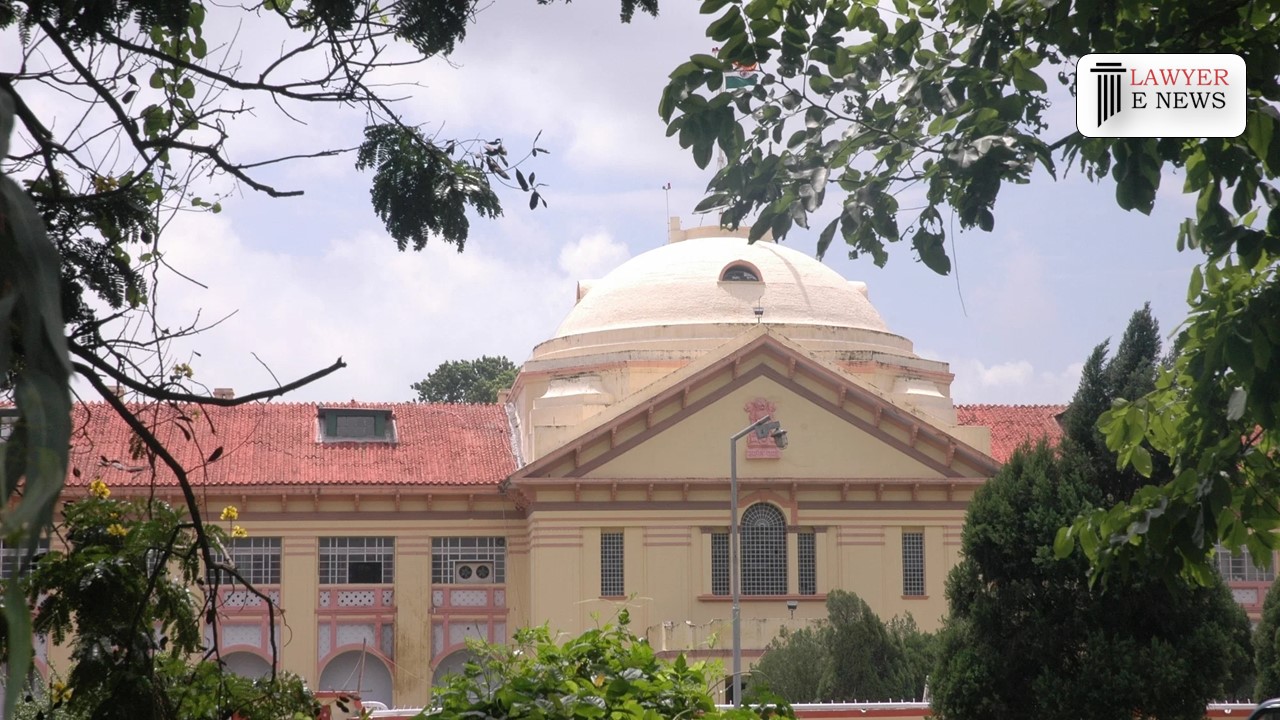-
by Admin
15 February 2026 2:16 AM



Patna High Court allows amendment in long-standing property dispute, emphasizing that amendments ensure real controversy resolution and avoid multiplicity of litigation.
In a significant decision, the High Court of Patna has overturned a trial court's rejection of a petition for amendment in a long-standing property dispute case. The judgment, delivered by Justice Arun Kumar Jha, underscores the importance of allowing amendments to address real controversies and ensure just conclusions in legal proceedings.
The case involves Kamal Kishore Prasad, the petitioner, who filed a suit for declaration of title and confirmation of possession over a disputed piece of land in Vaishali, Bihar. The land was allegedly purchased in 1971 from the widow and sons of Dhuman Rai. The petitioner sought to amend the plaint to correct the area of land sold and the number of purchasers, claiming these corrections were necessary for an accurate representation of facts.
The trial court had rejected this amendment, prompting the petitioner to approach the High Court under Article 227 of the Constitution of India. The petition aimed to quash the trial court's order and allow the amendment under Order 6 Rule 17 of the Code of Civil Procedure (CPC).
Justice Jha emphasized that amendments should be allowed to ensure the determination of real controversies between parties, even at a late stage of the trial. The court noted, "All amendments are to be allowed which are necessary for determining the real question in controversy provided it does not cause injustice or prejudice to the other side."
The court rejected the respondents' argument that the amendment would change the nature of the suit. It held that the proposed amendments were clarificatory and aimed at correcting existing facts rather than introducing new ones. The court stated, "The amendment sought in paragraph 5 could be said to be clarificatory and necessary in order to decide the real controversy between the parties."
While acknowledging that the amendment was sought at a late stage, the court found that the potential prejudice to the defendants could be mitigated by compensating them with costs. The court imposed a cost of Rs. 50,000 on the petitioner to be paid to the contesting defendants.
The judgment extensively discussed the principles of allowing amendments under Order VI Rule 17 of the CPC. The court referred to precedents, including the Supreme Court's decision in Life Insurance Corporation of India v. Sanjeev Builders (P) Ltd., which outlined that amendments necessary for resolving real controversies should be permitted, provided they do not cause undue prejudice to the other party.
Justice Jha remarked, "If the amendment is necessary for deciding the real controversy between the parties and for arriving at a just conclusion, such amendment could be allowed even at a late stage." He further stated, "It could not be said that allowing the amendment at this stage would cause prejudice to the other side. However, if the other side could be compensated in terms of cost, the amendment could be allowed."
The High Court's decision to allow the amendment underscores the judiciary's commitment to ensuring that legal proceedings address the core issues in dispute and provide just resolutions. This judgment highlights the court's proactive approach in avoiding unnecessary multiplicity of litigation and ensuring that parties have the opportunity to present accurate and complete facts. The case will now proceed in the trial court with the amended plaint, giving both parties the chance to argue their case based on a clarified set of facts.
Date of Decision: June 12, 2024
Kamal Kishore Prasad v. Sri Lal Kumar Rai and Others
